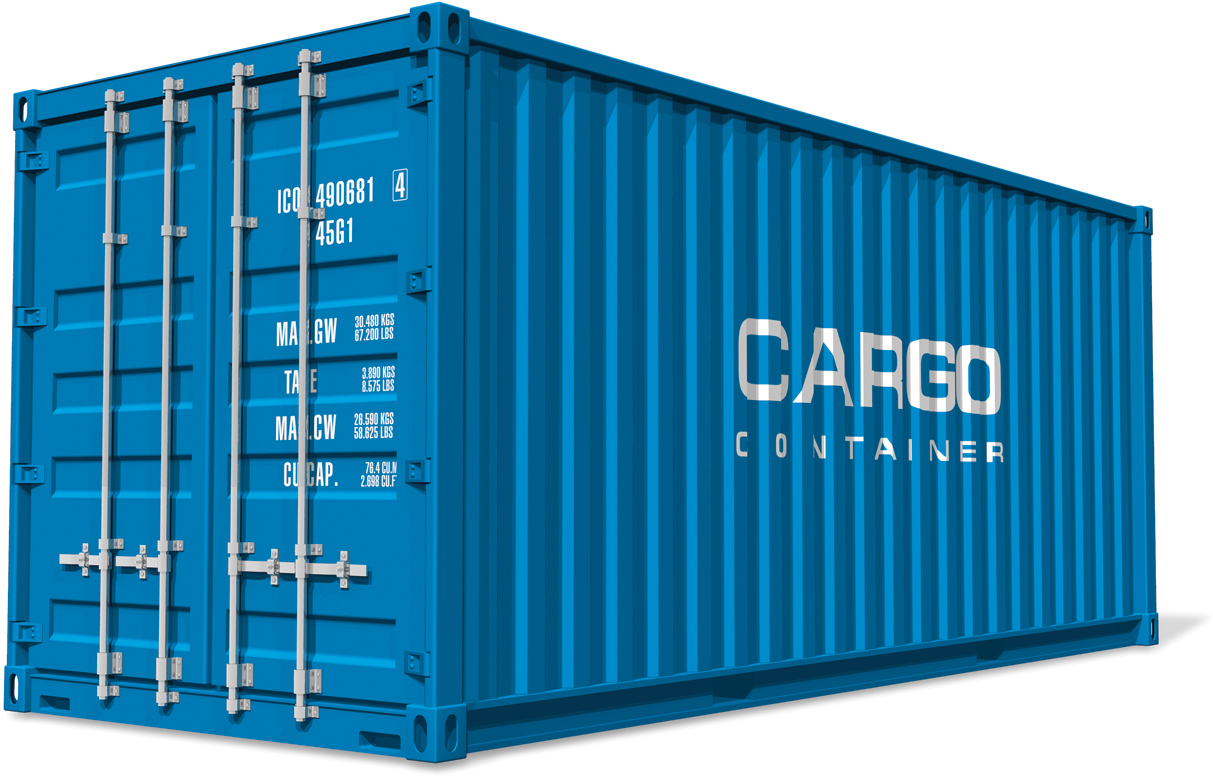
Printed Page 850 Chapter Chronology
The Promises and Challenges of Globalization, Since 1989

QUICK START
Quickly learn what is important in this chapter by doing the following:
- READ the Chapter Outline to see how the chapter is organized.
- SKIM the Chronology to see what will be covered.
When you are ready, download the Guided Reading Exercise, then read the chapter and the Essential Questions for each section and complete the Guided Reading Exercise as you go. Then use LearningCurve and the Chapter Review to check what you know.
In his Moscow hotel room in April 1988, Ronald Reagan's national security adviser, Colin L. Powell, contemplated Premier Mikhail Gorbachev's plans that would dramatically alter the Soviet Union's government and economy. Powell recalled, "I realized that one phase of my life had ended, and another was about to begin. Up until now, as a soldier, my mission had been to confront, contain, and, if necessary, combat communism. Now I had to think about a world without a Cold War."
Colin Powell was born in Harlem in 1937, the son of Jamaican immigrants who worked in a garment factory. At the City College of New York, he joined the army's Reserve Officers Training Corps (ROTC) program and, upon graduation in 1958, began a lifelong career in military and public service, rising to the highest rank of four-star general. He stayed in the army because "I loved what I was doing," but he also recognized that "for a black, no other avenue in American society offered so much opportunity." Powell's service in Vietnam taught him that "you do not squander courage and lives without clear purpose, without the country's backing, and without full commitment." In his subsequent positions as national security adviser to Ronald Reagan, chairman of the Joint Chiefs of Staff under George H. W. Bush and Bill Clinton, and secretary of state under George W. Bush, Powell endeavored to keep his country out of "halfhearted warfare for half-baked reasons that the American people could not understand or support."
Powell's sense that Gorbachev's reforms would transform the Cold War became a reality more quickly than anyone anticipated. Eastern Europe threw off communism in 1989, and the Soviet Union disintegrated in 1991. Throughout the 1990s, as the lone superpower, the United States deployed military and diplomatic power during episodes of instability in Latin America, the Middle East, eastern Europe, and Asia, almost always in concert with the major nations of Europe and Asia. In 1991, the United States led a United Nations–authorized force of twenty-eight nations to repel Iraq's invasion of Kuwait.
In the 1990s, Powell remarked that "neither of the two major parties fits me comfortably." Many Americans seemed to agree: From 1988 to 2012, they elected two Republicans — George H. W. Bush and George W. Bush — and two Democrats — Bill Clinton and Barack Obama — as president, and each faced Congresses where the opposing party controlled at least one house. Bipartisan cooperation produced a few initiatives, including disability rights legislation, welfare reform, drug benefits under Medicare, and expanded federal involvement in public education. But the most far-reaching law — expansion and reform of health care — passed without one Republican vote.
All four presidents supported globalization. As capital, products, information, and people crossed national boundaries in greater numbers and at greater speed, a surge of immigration rivaled the stream that had brought Powell's parents to the United States. Powell shared other Americans' shock when in September 2001 terrorist attacks in New York City and Washington, D.C., exposed American vulnerability to horrifying threats and sent U.S. soldiers into Afghanistan to overthrow the government that harbored the attackers. The administration's response to terrorism overwhelmed Secretary of State Powell's commitments to internationalism, multilateralism, and military restraint, when, in 2003, George W. Bush began a second war against Iraq. The unpopularity of that war and a severe financial crisis helped the Democrats regain power and elect Barack Obama as the first African American president in 2008. After ending the war in Iraq and achieving legislation to fight the economic crisis, reform the financial industry, and substantially expand health insurance coverage, Obama won election to a second term in 2012.